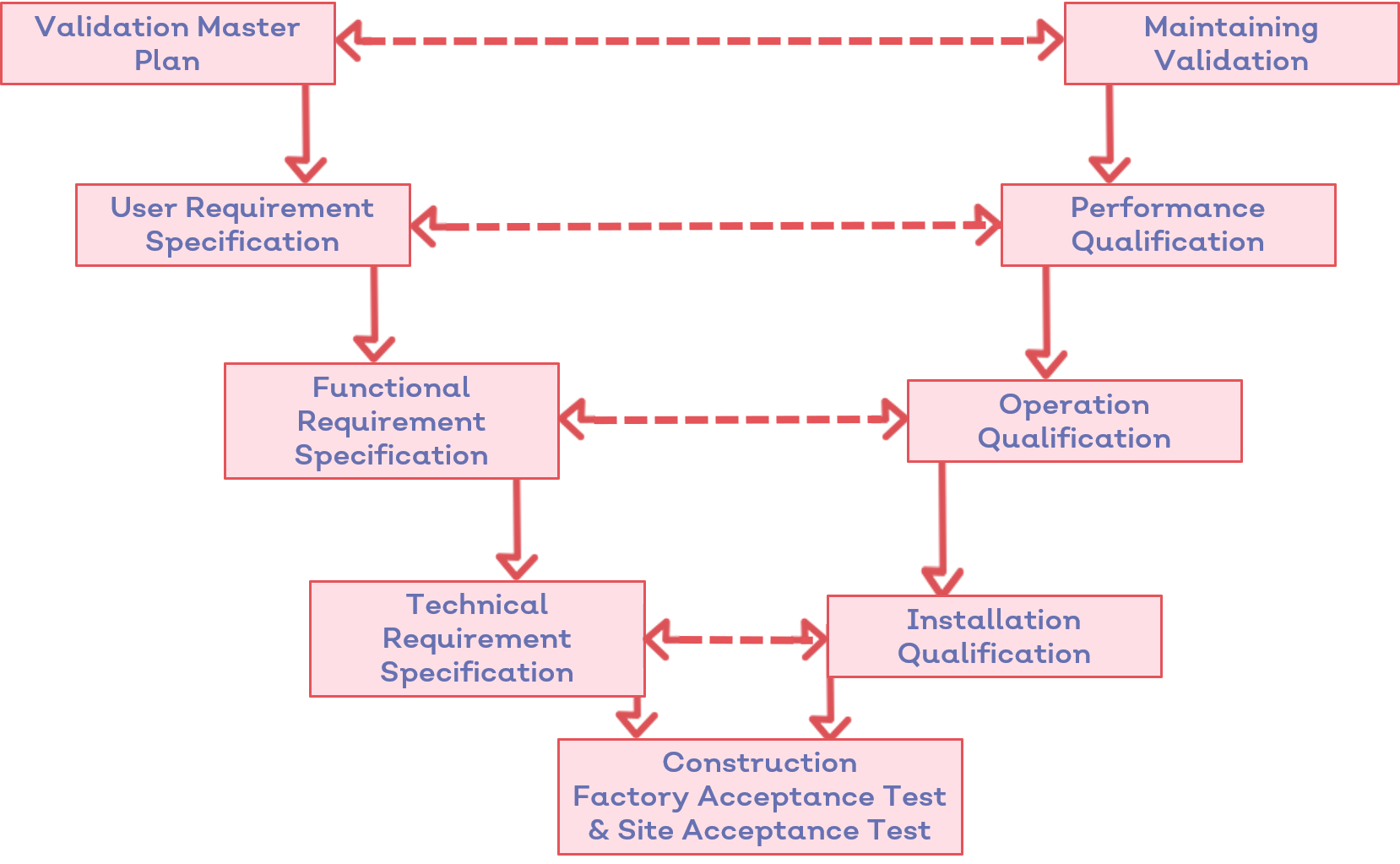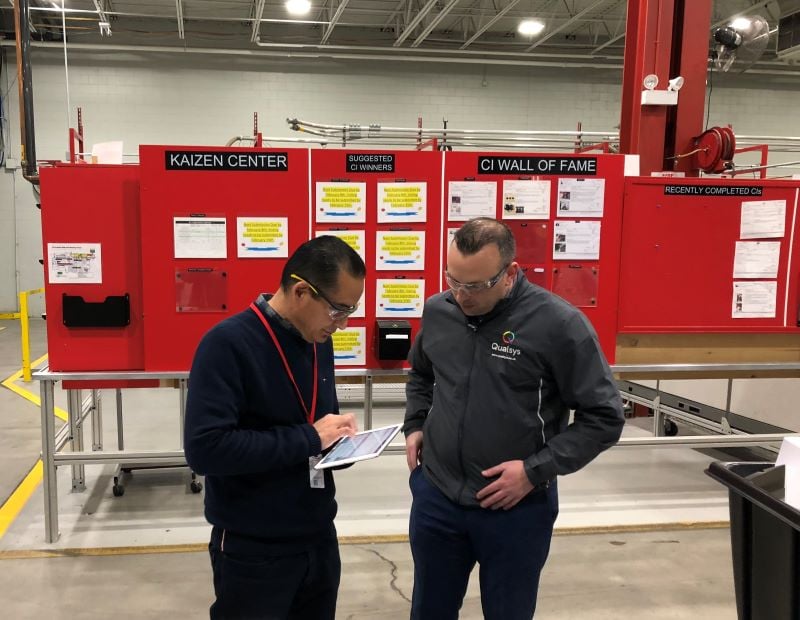Want to contribute to this article?
In 1995 Roy J. Snell accidentally fell into the compliance world.
And in 2019 he wrote a book about it - The Accidental Compliance Professional - to deliver his life and compliance lessons to others in the industry.
We spoke to Roy, former CEO of the Society of Corporate Compliance and Ethics (SCCE) & Health Care Compliance Association (HCCA), and current strategic advisor to both associations, about his 23 years of experience in the world of compliance.
He shared with us:
- 3 'Roy's Rules' for compliance professionals
- The 'secret sauce' for a successful compliance team
- How compliance is misunderstood by business leaders
- Why the 'goo in the middle' is key

Qualsys: Thanks for sitting down with us to discuss your new book, Roy.
What's the main mistake that people in the compliance sector are making that you feel you need to correct with your book?
Roy: We need to do more than just talk.
Many people think that all they have to do to fix problems is tell people to do the right thing. It isn't enough.
Leadership should understand what compliance is all about. They should understand both the seven elements of a compliance program and the spirit of the job.
My book tries to address that with lessons about the spirit of the job.
Qualsys: What is the spirit of the job? What aren't business leaders getting?
Roy: Business leaders think compliance is about making up rules.
We don't make up rules—we help companies meet the rules they have to follow.
They think compliance is about filling in forms and checking boxes—when in fact it's about building a better culture that will in turn attract and retain good employees, help the company build good partnerships and gain more respect from their customers.

Roy is the former CEO of, and current strategic advisor to, the SCCE
Qualsys: You mentioned in your book about 'sowing the seeds of compliance' in places like Bosnia and Brazil in the 2010s.
What seeds were you trying to sow? What do you think is the most important skill for compliance people to be able to achieve that culture?
Roy: Interpersonal skills.
Maturity, emotional IQ, the ability to stand up to big problems and not make a big deal out of the small ones.
And there have been some big problems to stand up to in Bosnia and Brazil—from bribery to money laundering to organised crime. People in these countries are using compliance programs to make their countries better.
Interpersonal skills are what separate the good from the great.
You can learn those skills slowly, but it's better if leadership do a better job of hiring the right kind of person in the first place.
Emotional IQ is key because during an audit or investigation, people have to remain calm and be treated fairly. They need to understand why you're there and not be defensive.
People who just get to work auditing and say "I don't care how you feel" will fail at this job.
But someone who comes in and says, "I need to do this job, here's why, and I'm going to spend some time helping you go through this process as painlessly as possible" will succeed.
Interpersonal skills are what separate the good from the great.
Qualsys: Do you think the negative perception that compliance sometimes has stems from business leaders hiring the wrong kind of people for the job?
Roy: I think the bigger problem is that business leaders haven't studied compliance in school, they haven't taken enough time to understand it now, and compliance as a department is difficult to understand unless you work in it.
Compliance is new and business leaders are being misinformed about what it is by legal, risk, audit and ethical people.
Those people have strong feelings about compliance because it touches on something they know something about - so they tell leadership"compliance is all about law", or all about auditing, or risk assessments, or ethics, and so on.
Compliance is about all those things and much more.
Maturity, emotional IQ, the ability to stand up to big problems and not make a big deal out of the small ones are all crucial.
Someone who comes in and says, 'I need to do this job, here's why, and I'm going to spend some time helping you go through this process as painlessly as possible' will succeed.
Before the compliance profession was created, we already had lawyers, ethicists, auditors. But we had such trouble following the rules that we created a whole new profession.
The lawyers would come in and say: "this is or isn't against the law".
The auditors would come in and say: "it did or didn't happen".
The risk folks would say: "the problems are over there".
The ethicists would say: "these people are bad for business".
But they were like the Pointer Sisters. Nobody was picking up the problems and carrying it to the finishing line. It was piecemeal and siloed.
We had all the pieces, but not the stuff in between - such as the coordination, the interpersonal skills, the emotional skills.
Compliance is the goo in the middle that holds all these things together.
It's the difficult-to-describe stuff that interconnects legal, risk, audit and ethics, and goes out to fix the problems and add controls to make sure they don't happen again.
Nobody was picking up the problems and carrying it to the finishing line. It was piecemeal and siloed.
So my book doesn't discuss the 7 elements, it discusses the goo in the middle.
Maybe that should've been the name of the book!

Roy believes interpersonal skills are the most crucial requirement for the compliance space
Qualsys: It's a good name!
Your book's based around 'Roy's Rules' and 'Royisms' - your tips and rules for being an effective compliance professional and getting to the 'goo in the middle'.
Could you share your top 3 Roy's Rules with us?
Roy: The first is this:
Roy's Rule #1: You can wait for the phone to ring and fail, or you can go and ask people where problems are, and succeed.
Stop doing PowerPoints, spreadsheets, meetings, committees and yammering.
Get out of your chair, walk down the hall and start asking people where the problems are.
A lot of people won't pick up the phone to report an issue - they think it's not cool.
But if you look them in the eye and say, "do you know where any problems are?", they won't lie to you. A lot of people are even relieved.
An effective compliance professional is constantly seeking to find and fix problems.
The second is this:
Roy’s Rule #2: Interpersonal skills can make all the difference when gathering facts and influencing others.
Go and talk to your colleagues about football or the weather, and then go: "oh by the way, how was the training? Did you hear us mention anything that shouldn't be happening that is happening?"
If you want to catch someone at the perfect time to speak freely, it's after they've sat at the back of a room listening to a compliance person saying "we're a good company", "we don't do this", "this shouldn't be happening" - and they're thinking "you don't even know what's going on!"
The smart thing is to come after them 2 days later, when they're still a little bit upset, so that they spill the beans. You can't do that in a classroom in front of 50 people.
Look them in the eye and ask them this question: "was there anything we said in compliance training that isn't correct? Between you and me: have you seen any wrongdoing?"
Finding problems in a more innovative and emotionally intelligent way is the key: expecting someone to ring you or raise their hand in a classroom isn't going to work 90% of the time.
And the third is:
Roy’s Rule #3: High emotional IQ is the key to success for compliance professionals, particularly when there is a major event.
My book is designed to inform best practice for effective compliance professionals.
My book just runs through my stories and experiences of the industry. Other books go "here are the 7 elements" or "here's how you can audit better than the previous book on auditing". Several compliance books have been written by people who've never worked in compliance in their life!
So they have no choice but to fall back on the literal description of what compliance should be - because the secret sauce can only be understood if you hang out with people who know the industry from the inside out.
Nobody has tried to sit down and write about the esoteric, weird stuff that we have to do to be effective.
Getting up, walking down the hall, and finding problems by speaking with people in the right way with good interpersonal skills is how you'll succeed in this business.
Next steps
Learn more about Roy's book and uncover more of Roy's Rules on the SCCE website here.
Follow Roy on Twitter @RoySnellSCCE.









Share your thoughts on this article